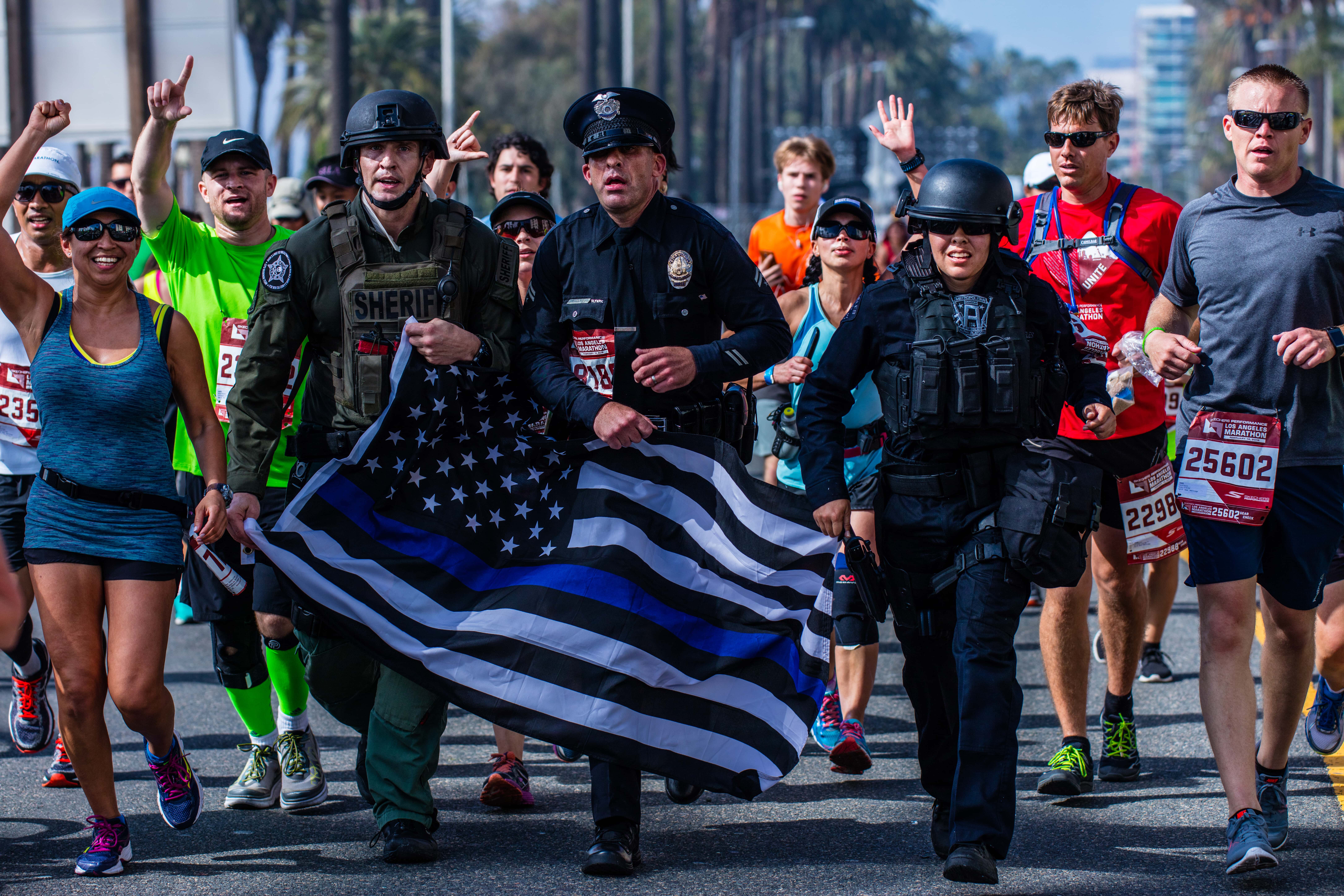We are never shy about calling out the State Supreme Court when it hands down a ruling we think is detrimental to the rights of police officers or will threaten public safety. But when the justices show good judgment and common sense in an issue we care about deeply, we are delighted to give them a shout-out.
The latter has happened in the case of Michael Vicks, imprisoned since 1983 for a string of violent felonies. Vicks argued that since his crimes occurred before Marsy’s Law was enacted, he was entitled to a more advantageous schedule of parole hearings than the law now allows.
Voters enacted Marsy’s Law – known officially as the California Victims’ Bill of Rights Act of 2008 – as an amendment to the state’s Constitution and certain Penal Codes. A very fine piece of legislation, it protects and expands the legal rights of victims of crime and grants parole boards far greater powers to deny inmates parole.
Prior to the law’s passage, for example, an inmate serving an indeterminate sentence and found unsuitable for parole had the right to a new hearing within five years if convicted of murder, or within two years if convicted of lesser crimes. Under Marsy’s Law, the delay between hearings can be as long as 15 years.
Vicks was found unsuitable for release in 2009 based on the “horrific” nature of his crimes, the results of his psychological examinations and his lack of “insight” into his crimes. Citing Marsy’s Law, the parole board wisely voted to delay his next hearing for five years. Vicks argued that Marsy’s Law constituted an ex post facto law when applied to felons like himself whose crimes pre-dated the law.
According to Metropolitan News-Enterprise, in rejecting that argument on Monday (March 4), Chief Justice Tani Cantil-Sakauye wrote for the Court that there was no ex post facto violation because the law does not increase the punishment for a crime. “In light of the circumstances of his kidnapping offenses, such as the movement of the victims, the sexual assaults, and the use of a firearm, it appears under the matrices governing the calculation of his base term that he would be required to remain incarcerated even if he were found suitable for parole at this time.”
In passing Marsy’s Law in 2008, the voters of California sent a clear message that has now resonated all the way to the State Supreme Court. We applaud the justices for an important ruling upholding the wishes of California voters. In so doing, they are protecting law-abiding citizens throughout our state by keeping inmates like Michael Vicks out of our society.











